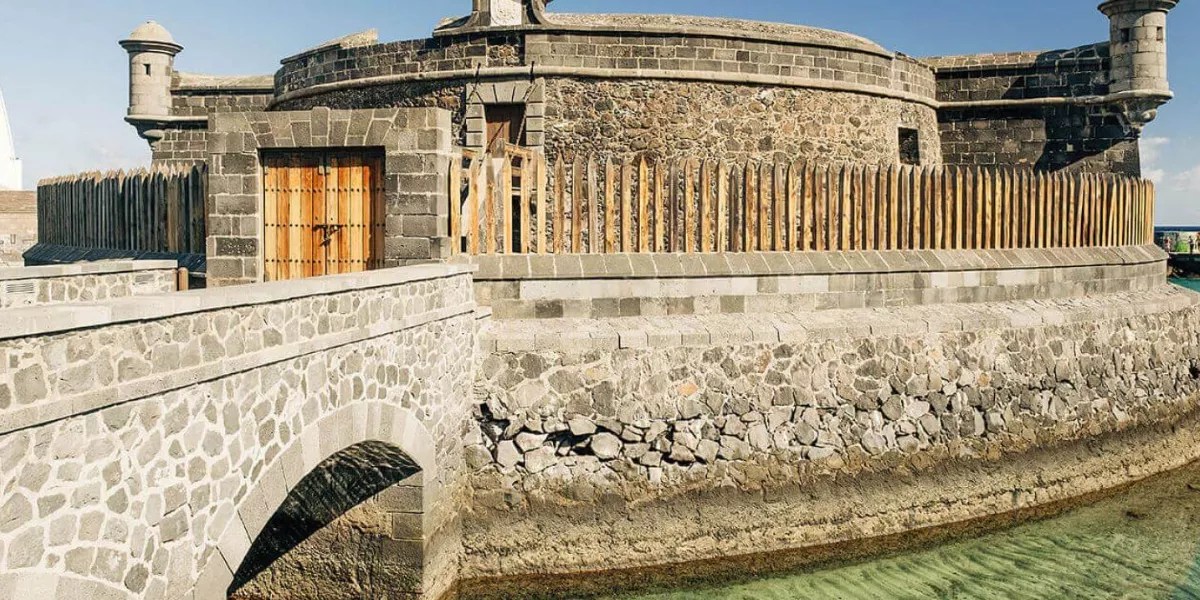Yesterday, the Governing Council of the Cabildo approved a partnership with the Institute of Astrophysics of Canaria (IAC) focused on the “application of aerospace technology” to address environmental crises. This initiative will utilise satellite imagery and drones to combat forest fires and other ecological emergencies, as articulated by the Cabildo president, Rosa Dávila.
This project comes with an investment of 462,000 euros and is part of Tenerife’s Innovation Master Plan, and it will remain active for the next three years, according to a subsequent statement from the Cabildo. It also noted that this will make Tenerife the first local authority in the country to employ satellite images and drones for these purposes.
Specifically, the project will leverage tools like the Alisio-1 and Sentinel-2 satellites, as well as the Drago camera developed by the IAC, enabling continuous and precise monitoring of the natural environment. This cutting-edge technological framework will enhance early detection of forest fires and other calamities, improving the responsiveness of local authorities.
The agreement further encompasses the development of detailed humidity and vegetation fuel maps, which are critical for fire prevention, along with sophisticated satellite image analysis systems that will enable better anticipation and management of natural disasters. Rosa Dávila emphasised that “this initiative is groundbreaking in both its method and scope, positioning Tenerife at the forefront of employing aerospace technology to safeguard our precious natural resources. Moreover, we are creating a model that can be replicated in various regions across the globe.”
In conjunction with this, the Government Council also approved the Annual Plan for the Prevention, Surveillance, and Extinction of Forest Fires 2025, which will involve “nearly a thousand professionals and volunteers.” Additionally, there are plans to add a new aircraft for nocturnal surveillance, as the Cabildo aims to maintain collaboration with the Ministry of Defence and the Army to reinstate Operation Prometheus. Furthermore, the Council approved funding of 1.2 million euros for the conservation and enhancement of the broom areas in Teide National Park, as part of the agreement between the Department of Ecological Transition and Energy of the Canary Islands Government and the Cabildo, funded by the European Union – Next Generation.
Water for Agriculture
The island’s vice president, Lope Afonso, announced an agreement to allocate 7,587,960.06 euros to Balten for a total of eight projects encompassed in the institutional agreement declaring a water emergency and implementing the water emergency plan for agriculture in Tenerife.
These initiatives, according to the Cabildo, will facilitate the addition of 7,000 cubic metres of water per day to the system, which will increase the total volume of water distributed by Balten daily by approximately 10%, alongside enhancing the quality of an additional 10,000 cubic metres.
Guamasa Developments
Regarding the works announced for the adjacent roads to finalise the Guamasa link with the TF-5, which are scheduled for the end of this year, the island president clarified that these require a “much more complex” approach than initially anticipated. However, he assured that the Highways department continues to work diligently on this matter, with plans to close the link and reroute traffic along the TF-152 and TF-235 roads.















